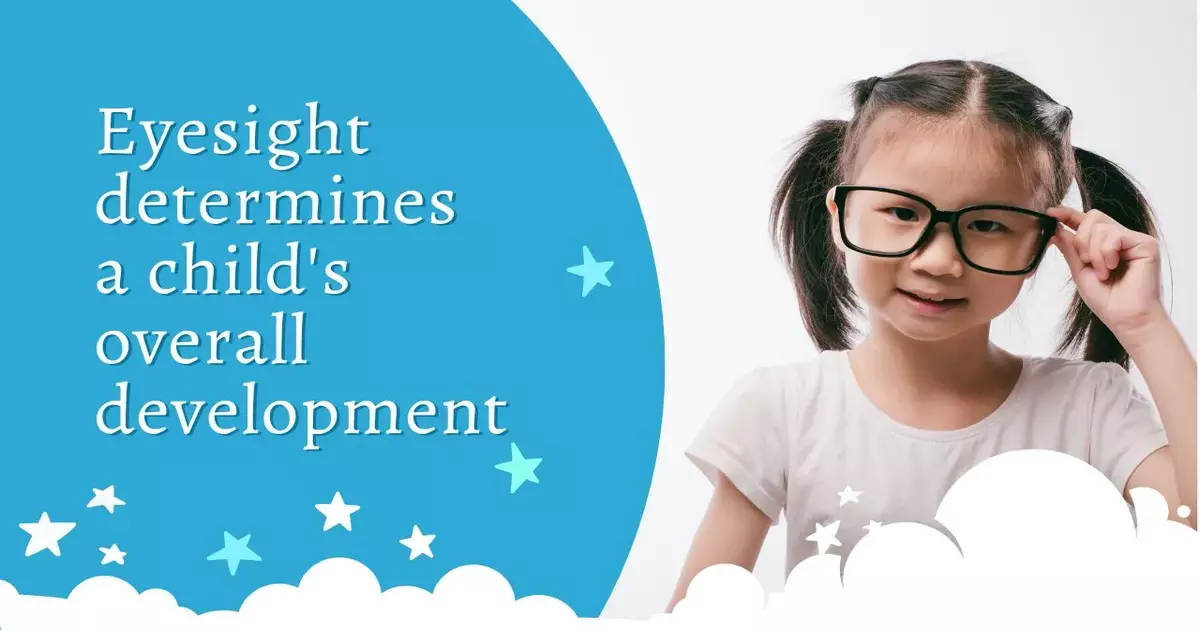Myopia is on the rise among children.
There has been a rise in eye-related diseases in children during the last two years.
As per WHO, at least 2.2 billion people have near or distant vision impairment. Out of this, at least in 1 billion cases, vision impairment can be treated.
The eye is the most important sensory organ for a child. Visual learning is considered the most effective way of learning in children. Studies have shown that children obtain much of their knowledge through visual learning, be it reading or writing.
According to WHO statistics, Vitamin A deficiency, glaucoma, refractive error, trachoma, etc., are some of the major causes of blindness in children. These causes, if treated well in time, may prevent a child from being blind.
Another concerning eye disease on the rise in children is refractive errors. This only needs a child to wear a pair of glasses to correct the error in vision.
However, a steep increase has been reported in Myopia cases in children, specifically in urban areas. This is directly proportional to the increase in screen time during COVID-19.
Myopia is a condition related to vision when a person can view nearby objects clearly, but far away objects appear blurry. It is also termed near-sightedness. Myopia is a type of refractive error.
Once Myopia is detected, it cannot be reversed; however, it can be treated using corrective lenses.
Here are a few tips that you must consider to ensure good care of your child’s eyesight.
-
Food rich in Vitamin C, Vitamin E, zinc, omega-3, and fatty acids are good for eyesight. Try to include green leafy vegetables, carrots, sweet potatoes, tomatoes, peas, peaches, strawberries, oily fish like salmon, tuna, sardines, citrus fruits like oranges, lemon, eggs, beans, and nuts like almonds, apricots in your child’s diet.
-
Ensure your child is not seeing the screen for a longer time and is maintaining a proper distance from the screen.
-
Eye Exercise can be very helpful in reducing eye strain. A simple exercise of moving the eyeballs from right to left and vice versa should be done daily.
-
If your child is attending a long session online, ensure he or she rests his or her eyes every 20 minutes.
-
You must ensure that the glasses used by your child are as per the latest prescription.
-
You may use an anti-glare screen for your child, as it prevents the eyes from direct glare.
-
Advise your child to blink frequently in case their eyes are dry.
-
If your child is complaining of not being able to see far-away objects clearly, consult your doctor immediately.
Eye diseases impact a child’s overall development and quality of life. It is, therefore, important to ensure good eye care. As a parent, you are responsible for ensuring that your child is undertaking regular eyesight screening from an ophthalmologist (i.e eye specialist).





